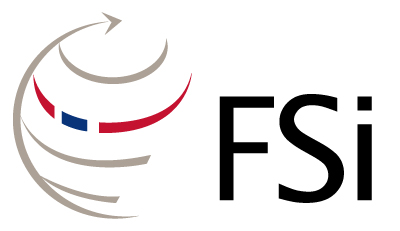Maritime Crew Resource Management (MCRM) is the brand name for a comprehensive Crew Resource Management (CRM) training system upon which FSi’s Bridge Resource Management and Human Element Leadership and Management (HELM) approvals are based. Originally designed and developed by the aviation industry we believe MCRM to be the best training system in the maritime industry, recognized as the benchmark for crew resource training by shipping organizations worldwide.
Aviation CRM arose as a direct answer to the view that many accidents were being driven by the human element and human factors. Analysis of accidents identified a number of key human factor elements, among which were:
- Preoccupation with minor (technical) problems
- Inadequate monitoring
- Failure to delegate tasks and responsibilities
- Failure to set priorities
- Failure to utilize available data
- Failure to communicate intent and plans
- Failure to detect and challenge deviations from SOPs, rules, etc.
In 1987 the “Herald of Free Enterprise” accident analysis showed a similar pattern to that seen in aviation accidents, which led to speculation that similar training may be of benefit to the maritime industry. MCRM is centered on three main concepts:
- Attitudes drive behavior.
- To develop good behavior and eliminate poor behavior.
- That behavioral change must come from within a person and can’t be forced.
The use of aviation CRM in providing solutions to the problems of risk and crisis management and the optimal use of all available crew resources has a long established pedigree in maritime training.
Bridge simulators with nocturnal visual scenes made their appearance in the 1970’s and allowed teams to conduct simulated passages in a realistic environment but with only a few lights available to indicate other vessels and shore lights. It was apparent from the casualty of the Very Large Crude Carrier (VLCC) “Metulla” in 1974, in which the vessel grounded in the Magellan Straits (with two pilots and watch keepers present on the bridge), that bridge teams were not working effectively in supporting each other or the pilot. Once again this emphasized the importance of human skills training that is addressed in FSi’s MCRM safety training.
For maritime organizations FSi’s MCRM courses have been developed to focus on the non-technical skills of marine operations such as improving situational awareness, teamwork, leadership skills, interpersonal communications, decision-making and fatigue awareness and countermeasures.
